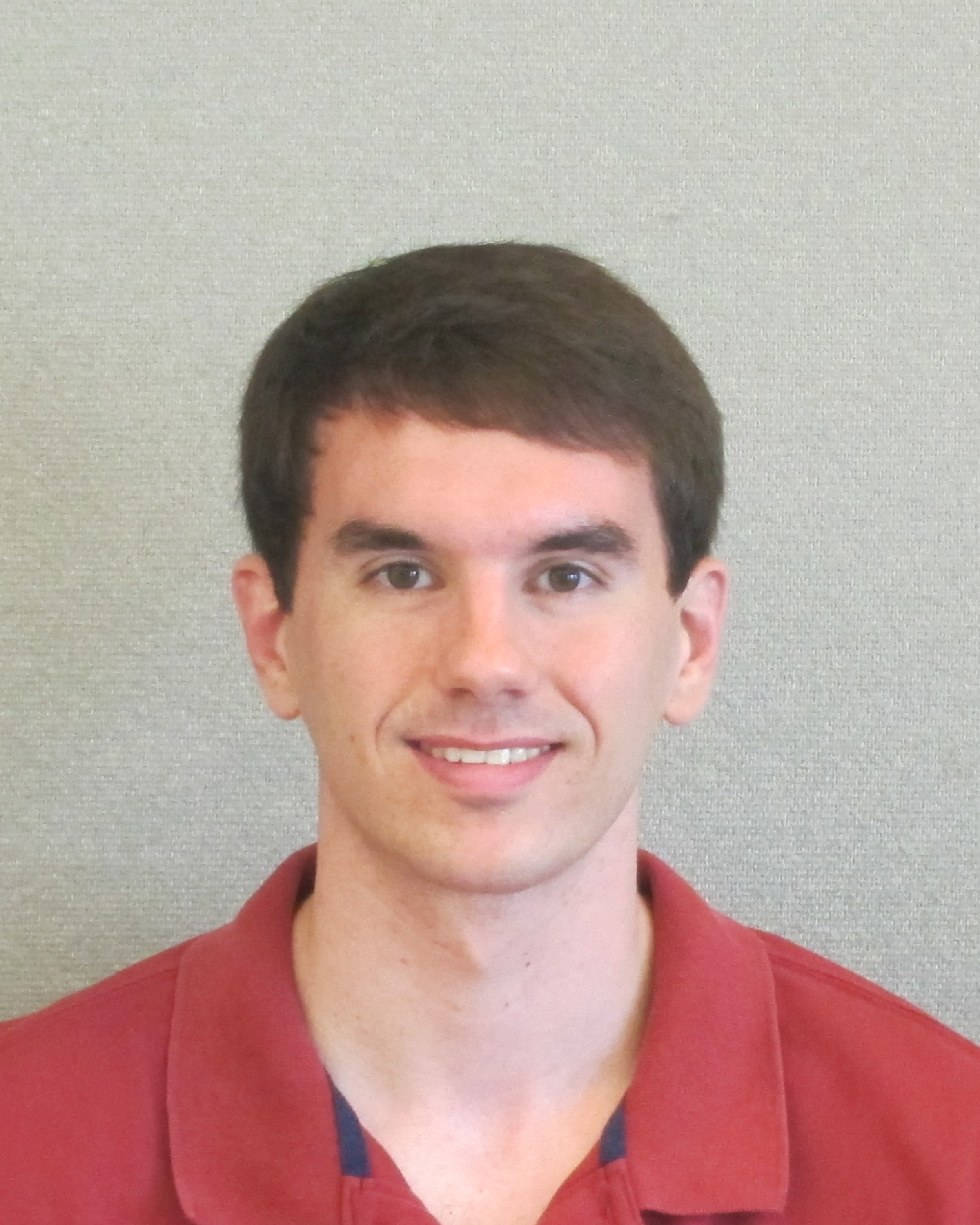Adam Petz
 Home
HomeProjects
Software
Publications
CV
Blog
Personal
Archive
Trust is an essential component of computer security. If misplaced or misunderstood, it can open a system up to compromise by a stealthy adversary. On the other hand, robust notions of trust enable increasingly complex and fruitful interactions while preserving the security and privacy goals of the participants involved. An emerging technology that enables trust in software systems is remote attestation. Although remote attestation (and related trusted computing technologies) has been around for decades, existing tools and approaches are tailored to fixed system architectures and attestation scenarios of the involved participants.
My research aims to bolster trust in the core components of flexible remote attestation workflows, that in turn enable trust in
larger systems. This includes an execution environment called MAESTRO that carries out
layered attestation protocols specified in the domain
specific language Copland. My recent work aims to simplify configuration and maintenence of MAESTRO workflows via a new framework called RODEO. RODEO provides a high-level interface to MAESTRO components, and also adds capabilities like evidence caching, nonce management, and bootstrapped certification of attestation infrastructure. On the DARPA INSPECTA project, we are leveraging RODEO in the context of Agentic AI to certify high assurance software development workflows. Please feel free to browse this site and reach out–I am always looking for
opportunities to collaborate.
Information
- Institute for Information Sciences (I2S)
- The University of Kansas
- Nichols Hall
- 2335 Irving Hill Rd
- Lawrence, KS 66045
- Department of Electrical Engineering and Computer Science
- The University of Kansas
- 2001 Eaton Hall
- 1520 West 15th Street
- Lawrence, KS 66045-7621
- Contact
- ampetz@ku.edu
Research
My research interests include trusted computing, remote attestation, formal methods, functional programming, programming languages, cyber security, system-level design, software engineering, and the intersection of all these.
For more information, visit my projects pages.
Software
Visit my software page for active repositories. Archived (no longer maintained) repos are here.
Publications
Visit my publications page for more.
CV
My full CV should you be interested.
About Me
I am a Research Scientist within I2S at the University of Kansas. My research interests include programming languages, functional programming, formal methods, cyber security, remote attestation, system-level design, software engineering, and the intersection of all these. When I’m not writing software or proving it correct I enjoy podcasts, comedy, sports, and music. Before attending the University of Kansas for graduate school, I studied Mathematics and Computer Science at Emporia State University in Emporia, KS. While in Emporia, I dabbled on the baseball team for a year and a half before discovering formal logic and programming simultaneously–quickly stealing my time and focus away from baseball. I also had the opportunity to take piano and voice lessons at ESU, and sing in the chamber choirs throughout my time both at ESU and here at KU.